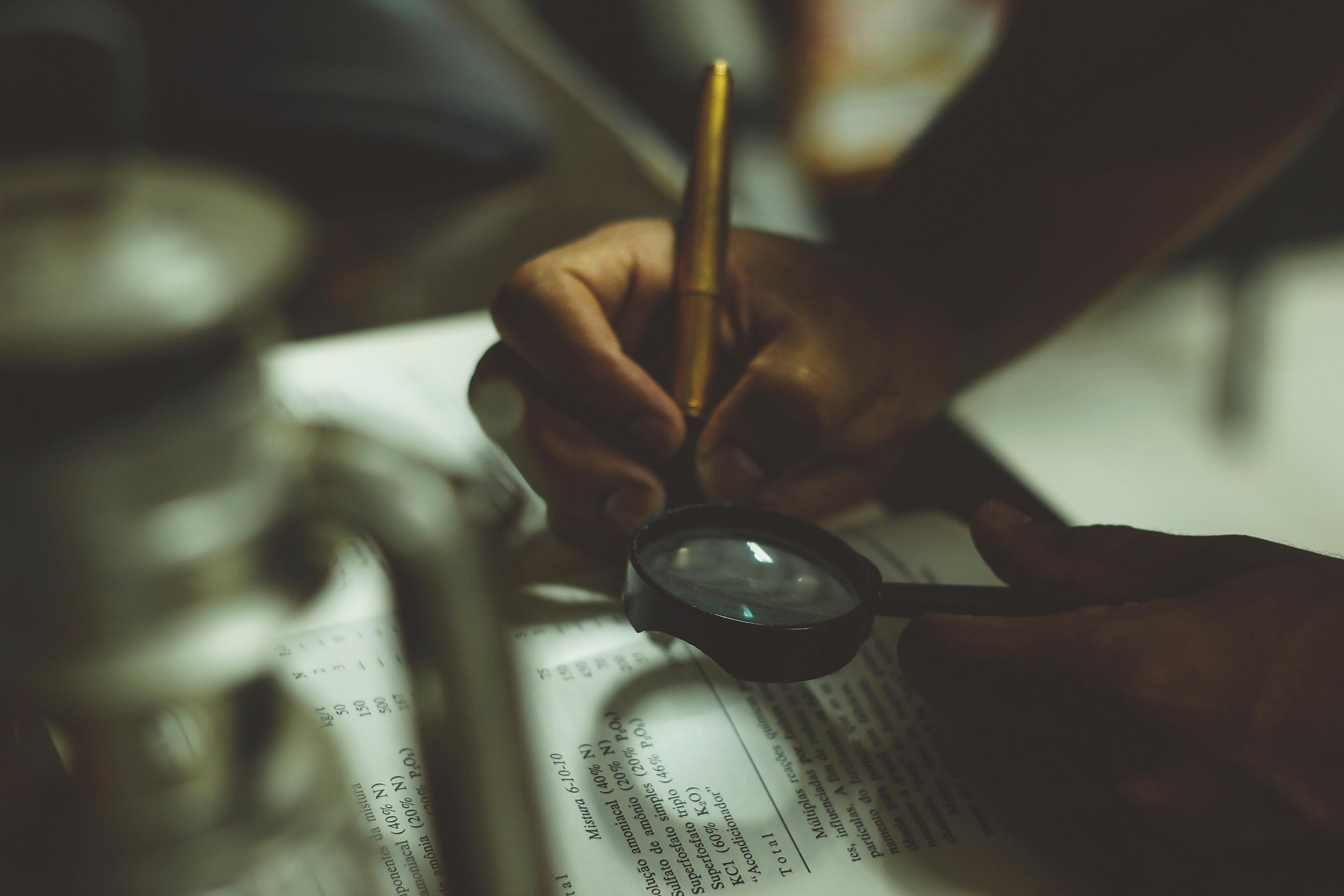The ministry of Environment & Tourism conducted a 3 day workshop in Windhoek Namibia, to help create public awareness on the importance of documenting and protecting IPR’s related to the use of Genetic Resources and associated Traditional Knowledge for the implementation of the Nagoya Protocol.
Namibia is a signatory to the Nagoya Protocol.
The Minister of Environment and Tourism, Pohamba Shifeta, said that as investors are attracted to Namibia by its natural heritage and its rich traditional knowledge attached to the utilisation of these assets, it was imperative to implement the Nagoya Protocol on Access and Benefit Sharing (ABS) in order to engage and share experiences.
“It is a well-known fact that these assets are vulnerable to overexploitation, which has the potential to uproot them with no chance to grow again. The government is thus committed to counter this threat by ensuring that biodiversity and the ecological goods and services that they provide are used for the long term benefit of Namibians, especially the rural communities,” expounded the environment and tourism minister.
He said in the absence of a law, access to genetic resources and benefit sharing in Namibia has been regulated by the Interim Bio Prospecting Committee (IBPC) established by Cabinet in 2007.
Shifeta said the committee still regulates and facilitates all bio-prospecting and bio-trade activities, while at the same time safeguards them against unlawful exploitation and bio-piracy.
He urged the workshop participants to give priority to strengthening customary laws and value systems of indigenous peoples and local communities in the protection of their traditional knowledge.
The University of Namibia (UNAM) is involved with a project on documenting traditional knowledge.

